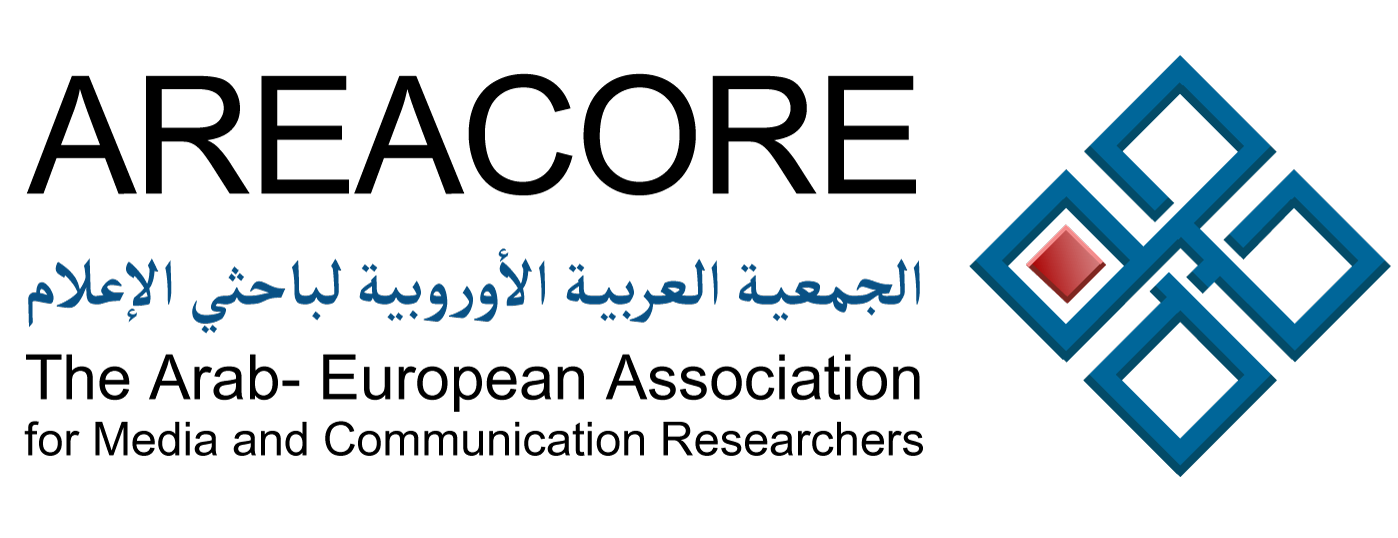Evgenia Shikina, Victor Petrichenko
In the late 2010s, Russia experienced an increase in Internet penetration: from 25% in 2008 to 53% in 2012. At that time, the Internet was almost unregulated in the country, a truly free space. So, it became a platform to voice political dissent.
Civil activists were actively using Livejournal, Twitter, Facebook and other platforms to spread their ideas.
After the unfair parliamentary elections of December 2011, protests erupted in Moscow.Social media played a crucial role in this. Many demonstrations, including the so-called Bolotnaya protest, were born through Facebook. The journalist Mikhail Fishman, who participated in those events, speaks about them as follows:
Mikhail Fishman:
“Just a single guy created an event [on Facebook] in the wake of the protest rally, which was supposed to get 300-500 people. His name was Ilya Klishin, by the way. And the next morning there were several thousands of followers ready to come, and then the number just kept growing. In these few days before the first major rally in December 2011, Facebook played a huge role.”
In response to the growing civil activity on the Internet, the Russian government increased its efforts to control the free digital space. What steps did it take?
An executive body responsible for censorship in the media—the so-called Roskomnadzor—already existed in Russia. The main purpose of this organization is to block illegal materials on the Internet, such as child pornography and extremist content. Later, however, it became a tool for censoring dissent.
In 2016, the parliament member Irina Yarovaya proposed a law that obliged Internet providers to store all data about Russian citizens for six months within the country. Even more, they were obliged to provide this data to special services upon request. The implementation of this law has been described by experts as impossible and extremely expensive.
In 2018, Roskomnadzor started restricting access to the messenger Telegram because its founders refused to conform to the Yarovaya law. These actions led to interruptions in the work of other major websites, but failed to block Telegram in Russia entirely.
In 2019, new initiatives were passed, such as a law on fake news and a law on insulting Russian authorities.
Mikhail Fishman explains the state’s motives behind these measures:
Mikhail Fishman:
“The idea is the same: to send the message. The message is: you keep quiet, you stay safer. And it obviously works.”
But even today, with all the restrictive laws, the Internet in Russia remains a place that can spark protest. A post on social media might trigger a public outcry. For example, in the summer of 2019, after the Russian journalist Ivan Golunov was arrested on false drug-dealing charges, the public outcry on social media was so high that even the leading business newspapers in the country showed their support for the journalist. Ivan Golunov was freed.
But he was not the only representative of civil society arrested that summer. During the protests prior to Moscow’s parliamentary elections, about 20 people were put into prison, even though their protest was peaceful.
The state reacts, and sometimes with brutal force. Among other things, the authorities continue to take legal measures to tighten their control of the digital space.On the 1st of November, 2019, Russia’s sovereign internet law came into effect.
According to the new legislation, the Russian segment of the Internet is to be protected from external threats. To achieve this goal, operators need to build special infrastructure.
Commenting on the law, Vitali Shkliarov, a political consultant from Harvard University, compares it to the Great Firewall of China and immediately questions the law’s technical viability:
Vitali Shkliarov:
“We have seen it on example of blocking of Telegram that this failed. And this is just one messenger, so just try to scale it just from a technical point of view in the size of Russia, I don’t think it’s possible, first of all. Secondly, knowing how the government operates even if they wish, even if they have financial and technical capabilities to execute this scale of operation, knowing the Russian non-effective way of management—it’s not possible to execute. And certainly I believe for every ban or law there will always be some underground, legal or illegal opportunities to get around it. So, I don’t see it coming, it’s politically, though, very important to see how the mindset of the Kremlin and how people in government are thinking, or in which reality they are living if they’re trying to block the Internet, so you can be sure this is a generation of Windows 95, who is trying to live in the 21stcentury. It’s just ridiculous.”
At the same time, Mr. Fishman notes that censoring Russian society is getting more difficult:
Mikhail Fishman:
“More people want to express themselves. More people are sceptical. And more people feel the need of talking and of some free discussion about what’s going on—we see it on YouTube, we see it on the Internet, and it is certainly growing, nevertheless.”
Will the restrictive laws, including the sovereign internet law, be effective? It is hard to say, as the struggle between the state and civil society still continues. But what we see clearly is that it becomes more and more difficult for the authorities to keep Russians quiet.
